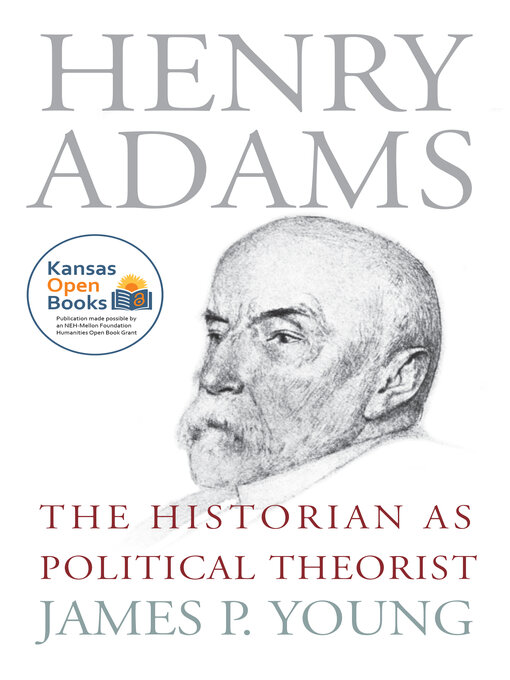Henry Adams has been a neglected figure in recent years. The Education of Henry Adams is widely accepted as a classic of American letters, but his other work is little read except by specialists. His brilliant journalism is out of print, while Mont Saint Michel and Chartres and the novels Democracy and Esther receive little attention. Even the monumental History of the Administrations of Thomas Jefferson and James Madison, considered by some to be the greatest history written by any American, seems noticed only by scholars of that period.
James P. Young, author of the highly regarded Reconsidering American Liberalism, seeks to revive interest in the thought of Adams by extracting core ideas from his writings concerning both American political development and the course of world history and then showing their relevance to the contemporary longing for a democratic revival.
In this revisionist study, Young denies that Adams was a reactionary critic of democracy and instead contends that he was an idealistic, though often disappointed, advocate of representative government. Young focuses on Adams's belief that capitalist industrial development during the Gilded Age had debased American ideals and then turns to a careful study of Adams's famous contrast of the unity of medieval society with the fragmentation of modern technological society.
Though fully aware of Adams's concerns about technology, Young rejects the idea that Adams was bitterly opposed to twentieth century developments in that field. He shows that though a liberal democrat with inclinations toward reform, Adams is much too sophisticated to be captured by any simple label.
Open access edition funded by the National Endowment for Humanities and the Andrew W. Mellon Foundation Humanities Open Book Program.

